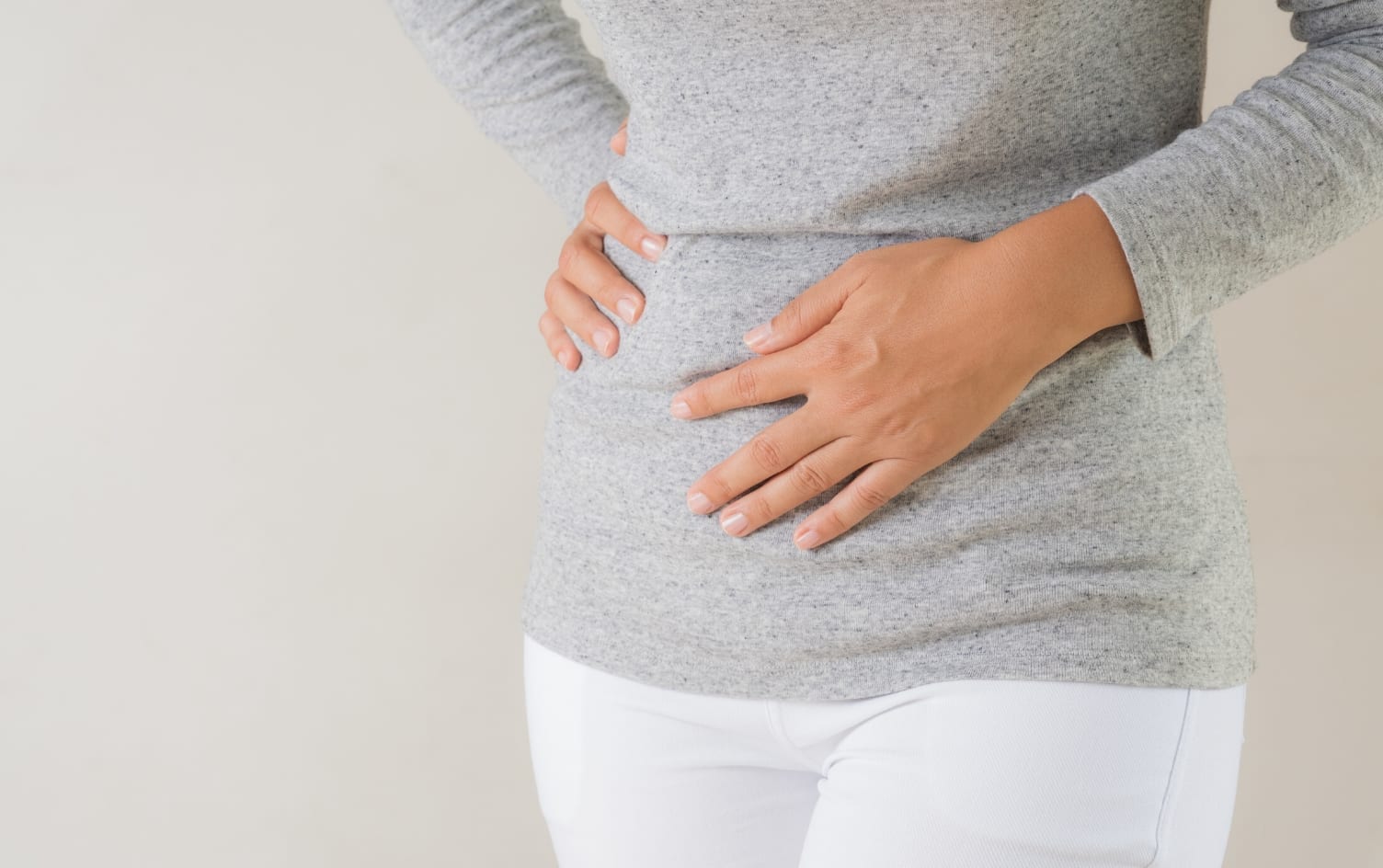Feeling bloated is a common complaint of people adopting a more plant-based lifestyle. This is often a result of quickly amping up your fiber intake. However, certain fiber-containing foods yield less bloating than others, and bloating could actually signal an improvement in gut health.
What’s more, fiber is important in promoting overall health. It helps keep your digestive system regular, lowers your risk of certain cancers, improves cholesterol and keeps blood sugar levels stable. Fiber helps you feel full for longer, which is key for losing weight and keeping it off.
Here, a look at how fiber can contribute to bloating, why that’s not always a bad thing and how you can minimize bloating if needed.
THE SCIENCE
A recent study followed 164 people who switched from low-fiber to high-fiber diets. While all study participants experienced some bloating, researchers found people who consumed protein-rich fiber sources (i.e., beans, nuts and seeds) noted more bloating compared to those who ate primarily carbohydrate-rich fiber sources like oats, quinoa, brown rice and other whole grains.
“On a high-fiber diet, substituting 10% of your calories from carbohydrate for protein resulted in 40% more bloating, on average,” says study author Noel Mueller, PhD, assistant professor of epidemiology at the Johns Hopkins Bloomberg School of Public Health.
THE UPSIDE TO BLOAT
“However, this may be a sign of beneficial changes to the gut microbiota induced by the plant-based proteins — legumes, nuts and seeds — used in our high-protein diet.”
You may feel uncomfortable when you’re bloated, but it may signify health-promoting processes are happening within your digestive system. “Plant-based proteins are rich sources of soluble fiber and thus more fermentable by gut microbiota,” explains Muelle. This results in more gas-producing potential, while simultaneously aiding your gut health, which can contribute to weight loss and overall health.
HOW TO REDUCE BLOATING
Bloating affects people differently; some people may not notice or mind it much, while others experience great discomfort. “Don’t assume that all high-fiber protein sources will contribute to bloating,” says Allison Knott, RD. “Give them a try and modify your diet accordingly, preferably with the guidance of a registered dietitian. Know that some bloating and gas is very normal, especially after eating, and will typically pass within a few hours and/or after having a normal bowel movement.”
However, if bloating is an issue for you, try making other changes before eliminating high-fiber protein-containing foods from your diet. “Bloating can be reduced by cutting back on sodium or salt in your diet as well as staying hydrated,” says Mueller.
Some people may experience less bloating if they ramp up the fiber content in their diet over a longer period of time. “This allows the body to get used to it, rather than going from low-fiber to high-fiber overnight,” notes Knott.
THE BOTTOM LINE
Don’t be scared of adding more fiber to your diet for fear of bloating. “In almost all cases, the health benefits of a high-fiber diet outweigh the burden of bloating,” says Mueller, and there are ways to minimize it. In addition to drinking water regularly, “if you’re feeling bloated when consuming beans, legumes or nuts, consider whether switching to whole grains helps,” says Mueller. If you have questions, don’t hesitate to reach out to a healthcare professional who can help create an individualized plan.




